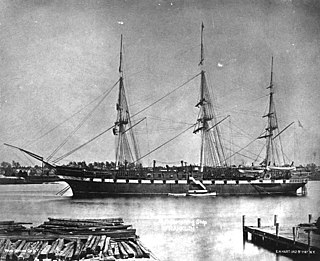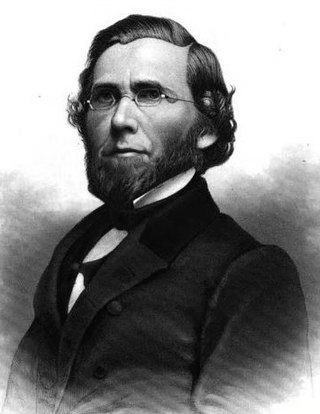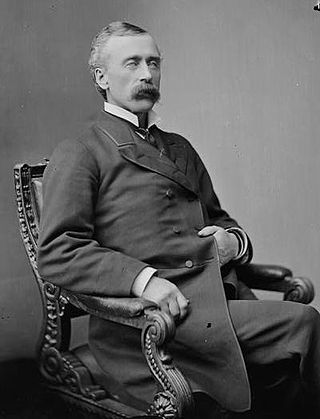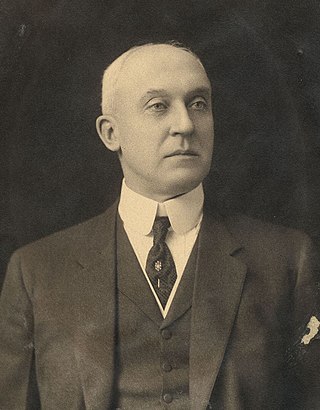Related Research Articles

Lincoln County is a county located in the U.S. state of Maine. As of the 2020 census, the population was 35,237. Its seat is Wiscasset. The county was founded in 1760 by the Massachusetts General Court from a portion of York County, Massachusetts and named after the English city Lincoln, the birthplace of Massachusetts Bay Provincial Governor Thomas Pownall.

Knox County is a county located in the state of Maine, in the United States. As of the 2020 census, the population was 40,607. Its county seat is Rockland. The county is named for American Revolutionary War general and Secretary of War Henry Knox, who lived in the county from 1795 until his death in 1806. The county was established on April 1, 1860, and is the most recent county to be created in Maine. It was carved from parts of Waldo and Lincoln counties. The Union Fair, started in 1868, began as the efforts of the North Knox Agricultural and Horticultural Society.

Rockland is a city in Knox County, Maine, in the United States. As of the 2020 census, the town population was 6,936. It is the county seat of Knox County. The city is a popular tourist destination. It is a departure point for the Maine State Ferry Service to the islands of Penobscot Bay: Vinalhaven, North Haven and Matinicus.

The fourth USS Franklin was a United States Navy screw frigate. The ship was launched in 1864, partially constructed from parts of the previous Franklin (1815). Commissioned in 1867, Franklin, named after Founding Father Benjamin Franklin, served as the flagship of the European Squadron in 1867–1871. The vessel was decommissioned that year. Re-activated in 1873, the vessel joined the North Atlantic Squadron and served until 1877 when the vessel was decommissioned again and used as a receiving ship at Norfolk, Virginia. The vessel remained in this capacity until 1915 when she was stricken and sold.

Samuel Clement Fessenden was an American abolitionist and United States Congressman from Maine.

Alpheus Spring Packard Jr. LL.D. was an American entomologist and palaeontologist. He described over 500 new animal species – especially butterflies and moths – and was one of the founders of The American Naturalist.

The ensign of the United States is the flag of the United States when worn as an ensign. International maritime law—see International Treaty on Law of the Sea, articles 91 and 92—provides that vessels have a "national character" and thus should display a flag (ensign) that corresponds to this national character, especially when in international or foreign waters. Vessels that are formally documented under the federal vessel documentation act, vessels owned by government bodies in the United States, and vessels in the U.S. military unquestionably have U.S. national character, and thus properly hoist a U.S. ensign to show their national character. Vessels that are numbered by the states and small, non-registered craft owned by U.S. citizens and not registered in other countries may also hoist a U.S. ensign to show their national character.
Events from the year 1827 in the United States.

Lillian M. N. Stevens (1843–1914) was an American temperance worker and social reformer, born at Dover, Maine. She helped launch the Maine chapter of the Woman's Christian Temperance Union (W.C.T.U.), served as its president, and was elected president of the National W.C.T.U. after the death of Frances Willard. Stevens also served as Editor-in-chief of the W.C.T.U.'s organ, The Union Signal.

Abbie Burgess Grant (1839–1892) was an American lighthouse keeper known for her bravery in tending the Matinicus Rock Light in Maine during a raging winter storm in 1856. She did so for nearly a month while her father, the head keeper, was away from the island. Her heroic actions attracted much attention and she was soon a popular heroine.

Thompson Henry Murch was a nineteenth-century politician, stonecutter, editor, publisher and merchant from Maine. He was among the first trade unionists elected to the United States Congress.

William Titcomb Cobb was an American politician and the 46th Governor of Maine.

James Duncan was a Scottish American union leader, and president of the Granite Cutters' International Association from 1895 until his death in 1928. He was an influential member of the American labor movement, helping to co-found the American Federation of Labor.

As a fervently abolitionist and strongly Republican state, Maine contributed a higher proportion of its citizens to the Union armies than any other, as well as supplying money, equipment and stores. No land battles were fought in Maine. The only episode was the Battle of Portland Harbor (1863) that saw a Confederate raiding party thwarted in its attempt to capture a revenue cutter.

The Owls Head Light is an active aid to navigation located at the entrance of Rockland Harbor on western Penobscot Bay in the town of Owls Head, Knox County, Maine. The lighthouse is owned by the U.S. Coast Guard and licensed to the American Lighthouse Foundation. It is the centerpiece of 13-acre (5.3 ha) Owls Head State Park and was added to the National Register of Historic Places as Owls Head Light Station in 1978.

'Thomaston, formerly known as Fort St. Georges, Fort Wharf, and Lincoln, is a town in Knox County, Maine. The population was 2,739 at the 2020 census. Noted for its antique architecture, Thomaston is an old port popular with tourists. The town was named after Major General John Thomas.

Fryeburg is a town in Oxford County, Maine, United States. The population was 3,369 at the 2020 census. Fryeburg is home to Fryeburg Academy, a semi-private preparatory school, and the International Musical Arts Institute. The town is also site of the Fryeburg Fair, which each October attracts approximately 300,000 visitors.
The International Paving Cutters' Union of the United States of America and Canada was a trade union affiliated with the American Federation of Labor with members in Canada and the United States. A craft union, its members claimed "sole jurisdiction over the cutting of stone paving blocks, which includes: Flanged, beveled, and all stone blocks used in courts, alleys, yards, or streets for paving; also stone blocks and rough ashlar used for building purposes on which paving-cutters' tools are used."
The Tile, Marble, Terrazzo, Finishers', Shopworkers' and Granite Cutters' International Union (TMT) was a labor union representing construction workers who used marble and similar decorative materials, in the United States and Canada.
Josiah Bennett Dyer was a British-born American labor union leader.
References
- ↑ "Granite Cutters International Association of America – Special Collections and University Archives" . Retrieved 23 May 2017.
- ↑ "History of the Stonecutters Union" . Retrieved 23 May 2017.
- 1 2 3 4 The Samuel Gompers Papers. University of Illinois Press. 1986. ISBN 9780252033896.